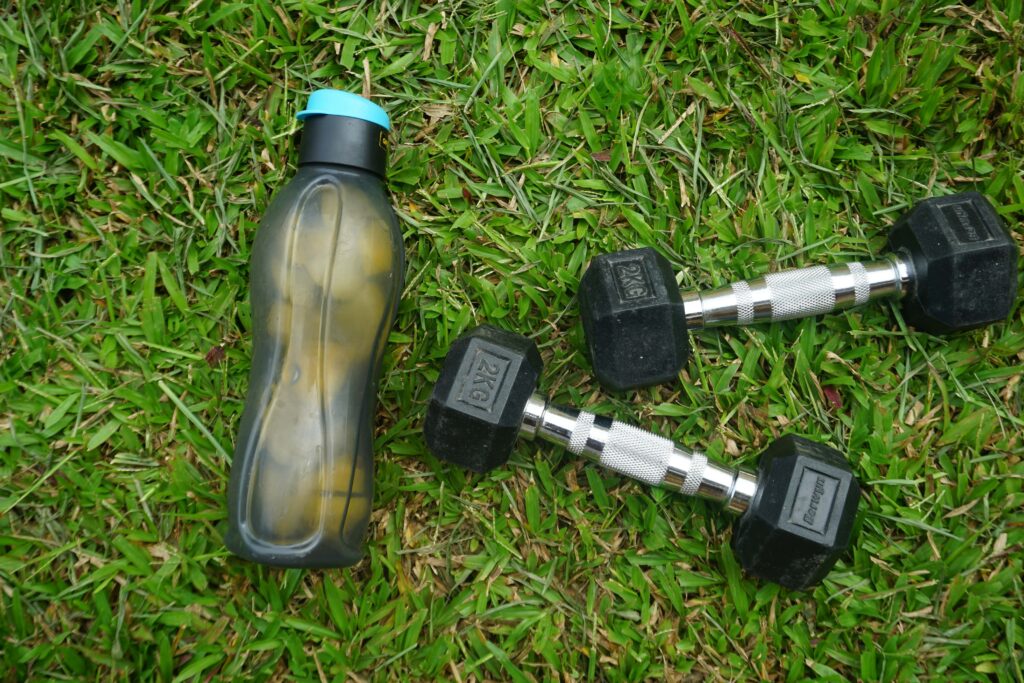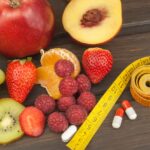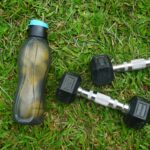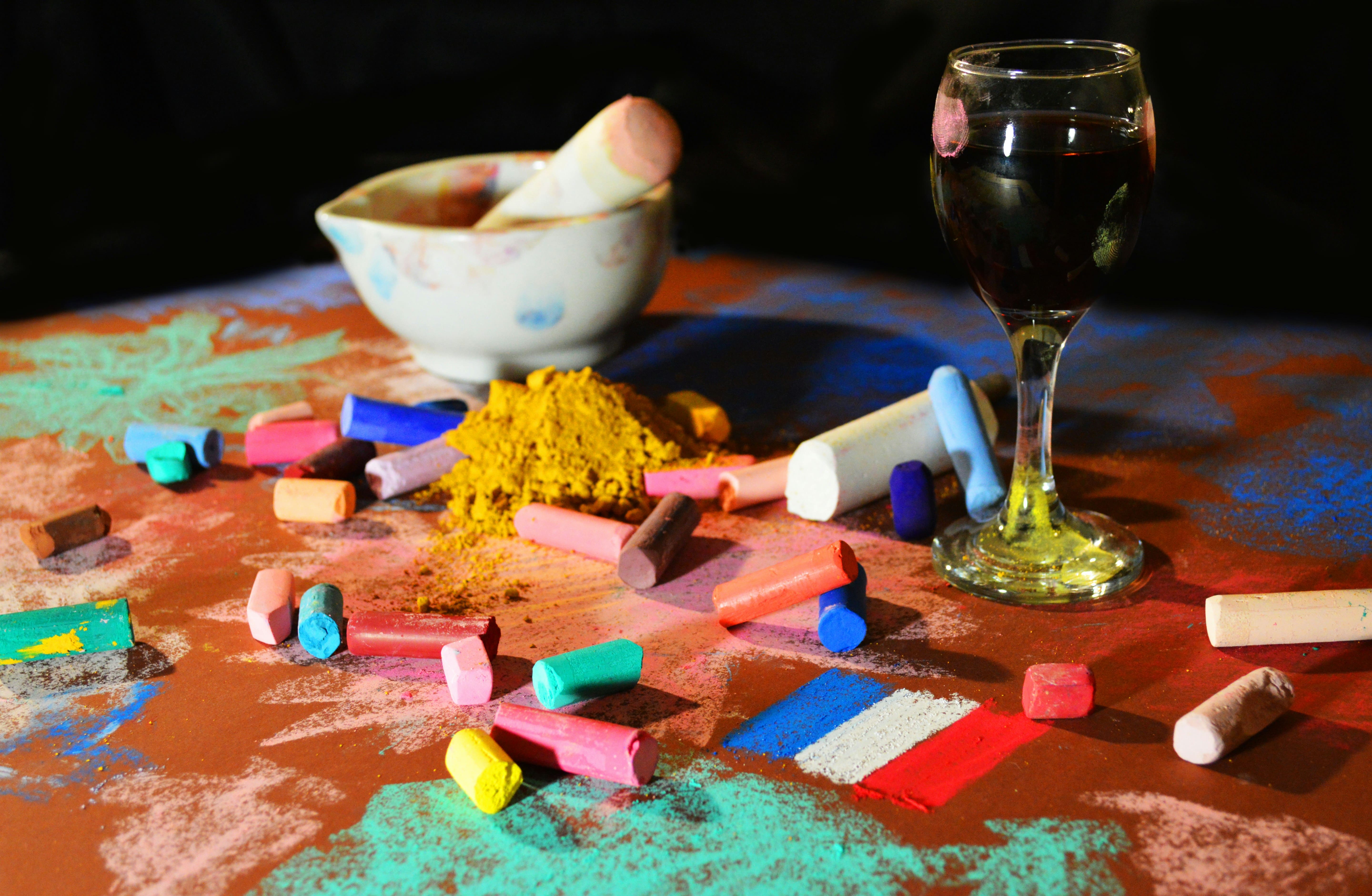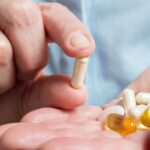Now Reading: Best Foods for Addiction Recovery: Healing Through Nutrition
-
01
Best Foods for Addiction Recovery: Healing Through Nutrition
Best Foods for Addiction Recovery: Healing Through Nutrition

Introduction
Recovery from addiction is a physically, mentally, and emotionally demanding journey. While therapy, support groups, and lifestyle changes play crucial roles, nutrition is often overlooked. Eating the right foods can significantly impact brain function, emotional stability, and overall healing.
This article explores the best foods for addiction recovery and how they support the body and mind in achieving long-term sobriety.
The Connection Between Nutrition and Addiction Recovery
Substance abuse depletes essential nutrients, weakens the immune system, and disrupts neurotransmitter balance. Poor nutrition can contribute to:
- Mood swings and depression
- Increased cravings
- Fatigue and brain fog
- Weakened immune function
By incorporating nutrient-dense foods, individuals in recovery can restore their health, regulate mood, and reduce relapse risks.
Best Foods for Addiction Recovery
1. Fatty Fish (Salmon, Mackerel, Sardines)
Why it helps:
- Rich in omega-3 fatty acids, which reduce brain inflammation and support neurotransmitter production.
- Omega-3s help improve mood, enhance focus, and reduce anxiety.
How to include it:
- Eat grilled or baked salmon twice a week.
- Add canned sardines or tuna to salads or whole-grain toast.
2. Leafy Greens (Spinach, Kale, Swiss Chard)
Why it helps:
- Packed with folate and magnesium, which help reduce stress and anxiety.
- Folate supports serotonin production, promoting emotional stability.
How to include it:
- Add spinach to smoothies or omelets.
- Make a kale salad with nuts and seeds.
3. Berries (Blueberries, Strawberries, Blackberries)
Why it helps:
- High in antioxidants, which protect brain cells from damage.
- Flavonoids in berries enhance memory and cognitive function.
How to include it:
- Eat a handful of berries as a snack.
- Add them to yogurt, oatmeal, or smoothies.
4. Nuts and Seeds (Walnuts, Almonds, Flaxseeds, Chia Seeds)
Why it helps:
- Provide healthy fats and vitamin E, which support brain health.
- High in magnesium, which reduces anxiety and improves sleep.

How to include it:
- Snack on a handful of nuts daily.
- Sprinkle chia or flaxseeds into smoothies or yogurt.
5. Avocados
Why it helps:
- Contains monounsaturated fats that support brain function and emotional balance.
- Rich in B vitamins, essential for reducing stress and improving mood.
How to include it:
- Spread avocado on whole-grain toast.
- Add it to salads or smoothies.
6. Whole Grains (Brown Rice, Quinoa, Oats)
Why it helps:
- Stabilizes blood sugar levels, preventing mood swings.
- High in fiber and B vitamins, which support gut health and emotional well-being.
How to include it:
- Replace white rice with brown rice or quinoa.
- Eat oatmeal for breakfast with berries and nuts.
7. Dark Chocolate (At Least 70% Cocoa)
Why it helps:
- Contains flavonoids and magnesium, which reduce stress and improve focus.
- Boosts endorphin production, leading to better mood.
How to include it:
- Eat a small piece of dark chocolate daily.
- Melt and drizzle over fruit or yogurt.
8. Eggs
Why it helps:
- High in choline, which supports brain function and memory.
- Provides protein, which maintains stable energy levels.
How to include it:
- Eat boiled eggs as a snack.
- Make an omelet with vegetables for breakfast.
9. Probiotic-Rich Foods (Yogurt, Kefir, Sauerkraut)
Why it helps:
- Supports gut health, which directly affects mood and mental well-being.
- Helps produce serotonin, the “feel-good” hormone.
How to include it:
- Eat Greek yogurt with fruit.
- Add kimchi or sauerkraut to meals.
10. Green Tea
Why it helps:
- Contains L-theanine, an amino acid that promotes relaxation and mental clarity.
- Helps reduce anxiety and improve focus.
How to include it:
- Drink one or two cups daily.
- Replace coffee with green tea for a gentler energy boost.
How to Build a Recovery-Friendly Diet
1. Plan Balanced Meals
- Include protein, healthy fats, and fiber in every meal.
- Avoid processed foods high in sugar and unhealthy fats.
2. Stay Hydrated
- Drink plenty of water and herbal teas.
- Limit caffeine and sugary drinks, which can cause mood swings.
3. Snack Smart
- Replace junk food with nuts, berries, or yogurt.
- Keep healthy snacks easily accessible.
4. Cook at Home
- Home-cooked meals are more nutritious and less processed.
- Experiment with simple, wholesome recipes.
Conclusion
The best foods for addiction recovery play a critical role in healing the body, supporting brain function, and stabilizing emotions. A nutrient-rich diet can help reduce cravings, improve mood, and promote long-term sobriety.
By making mindful food choices and focusing on whole, nutrient-dense foods, individuals in recovery can strengthen their physical and emotional well-being. Start small and gradually incorporate these foods into your daily routine for a healthier, more balanced recovery journey.

Kevin Fletcher is a seasoned writer with over 10 years of experience crafting engaging and informative content in the health, fitness, and wellness industries. Passionate about helping readers live healthier lives, Kevin combines research-backed insights with practical tips to inspire positive change.














